Impact
About
This collective consists of five refugee-led organisations (RLOs) in Kenya and Uganda working together to bridge the digital divide that prevents refugees from accessing decent employment opportunities that can transform their livelihoods. As part of the collective, RLOs share knowledge, skills, experiences and best practices as they support young refugees and members of host communities to improve their livelihoods by harnessing digital skills,improving their earnings and boosting local economies.
To enhance digital job creation and access among refugee youth, they have upskilled over 2863 refugee youth and 234 host youths, through e-learning, digital training and mentorship programmes so that participants are able to access online jobs, develop e-commerce platforms, and develop commercial business management software. The participants are mentored and connected to platforms to access employment, or sell their products and services
For example, participants who have learnt how to make 3D printed and metal casted items, one of the digital innovations being implemented by Solidarity Initiative for Refugees in Kakuma Refugee Camp in Kenya, are helped to sell their items on online platforms.
KNOWLEDGE & INSIGHTS:
Data insight 1: Reducing the gender digital gap
The collective is empowering female refugees to increasingly embrace digital technology for improving their income and livelihoods.
This is important because reports have shown that forcibly displaced women and girls tend to have low levels of digital literacy and skills. The collective has potential to contribute to reduction of the gender digital divide.
Data insight 2: Employment Transition Rate
In total, the RLOs in this collective change profile have trained 2863 refugees, out of whom 1445 have successfully secured various digital jobs.
More than 50% of Graduates are employed. One icon represents 200 displaced persons.
The 50% employment transition rate indicates that digital training focus on skills such as coding, digital marketing, and data analysis is most relevant to the modern economy. These skills are increasingly in demand globally and lead to remote work opportunities that are particularly beneficial for refugees who may face mobility restrictions or barriers to entering local job markets. Looking for studies to support (individuals who undergo digital training can secure jobs more quickly than those engaged in traditional vocational training programs).
Data insight 3: Tackling the unemployment problem
In Uganda, UNHCR reports a refugee unemployment rate at 31 percent, 24 percentage points higher than 7 percent for the host community, while in Kenya, unemployment among refugees is at 70 percent compared to the national average of 40 percent, according to a 2023 report by the International Labour Organisation. Job creation by this collective, therefore, presents a potential for scalability in other refugee settings across Africa as a solution to unemployment, given that 300 jobs are being created per year by the collective.
Data insight 4: Decent Jobs:
Reports by the World Food Program show that refugees in Kakuma and Kalobeyei refugee settlements earn 49 USD per month. Similarly, in Uganda, refugees on average earn less than 50 USD per month according to reports from UNHCR. However, we see that with the digital livelihood self-employment activities, participant refugees are earning 78 USD per month. This shows that investing in digital livelihoods has the potential to boost the refugee economy through creating decent jobs for refugees.
Reports from Solidarity Initiative RLO in Kenya, Tomorrow Vijana RLO in Uganda, and UNHCR studies have found that the following needs are constraining digital skills in the refugee space:
The need for removing barriers related to national ID verification for digital payment and verification mechanisms, as often these close out refugees from using digital spaces since they often don’t have such IDs.
The need to include content on smartphones and online, in the local languages spoken by refugees.
The need to improve literacy among the refugee population so that they are able to read and write as this is useful even before embarking on digital literacy.
The need to enhance the accessibility of digital hardware like laptops and smartphones, especially targeting female refugees. Access to tech hardware and software has been difficult in the camps — especially for women. The ownership of smartphones is also often gendered. Often viewed as a ‘man’s tool’, women have limited financial resources and smartphone access.
In refugee settlements, there are high costs of mobile/internet data, poor signal strength, unaffordability of digital devices, and difficulties in charging them due to unreliable electricity, hence the need for governments and donors to invest in ICT infrastructure targeting rural areas where most of the refugee settlements are located.
STORY OF CHANGE
Ramazani Mwemedi is a 20-year-old Congolese refugee who has been living in the Kakuma Refugee Camp in Kenya for most of his life. He is the eldest of four siblings. In 2021, Ramazani was introduced to Solidarity Initiatives for Refugees (SIR) by one of the SIR staff. It was at SIR that Ramazani discovered the digital skills training program and decided to enroll
When Ramazani joined the program, his computer knowledge was limited; he had never built a website or app before. “Before the course, I didn't know how to build websites or even mobile apps, but I was determined to learn,” says Ramazani.
Ramazani began his training with a basic Python course, learning the fundamentals of programming, such as variables, data types, loops, and functions. His determination and quick learning ability helped him master these concepts swiftly. He then advanced to more complex topics, including object-oriented programming, working with libraries, and data analysis using Python.
During his training, Ramazani was encouraged to explore various online platforms for freelancers. He created profiles on Upwork and Fiverr, applying his new skills in web development and digital marketing. Despite initial challenges, he managed to secure small projects that not only boosted his confidence but also provided a source of income.
This income has been a lifeline for his family, helping to cover household expenses and support his younger siblings’ education.
Currently, Ramazani works at SIR as an Advanced ICT Trainer, delivering web and app development training to refugee participants. He also leads the development of Opengates, a freelancing platform designed to empower refugee youth worldwide by providing access to education, scholarships, vocational training, and job opportunities.
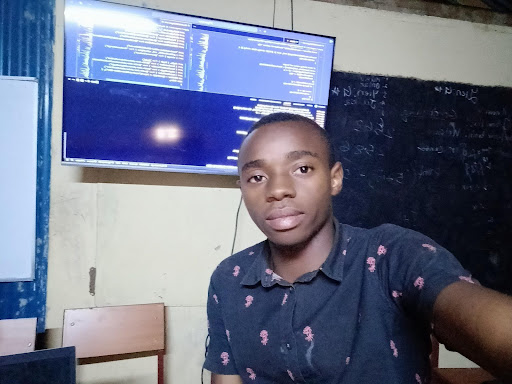
Newsfeed
I CAN South Sudan
Follow up assessment of children with disabilities by 3 stars in Barakala(host community)
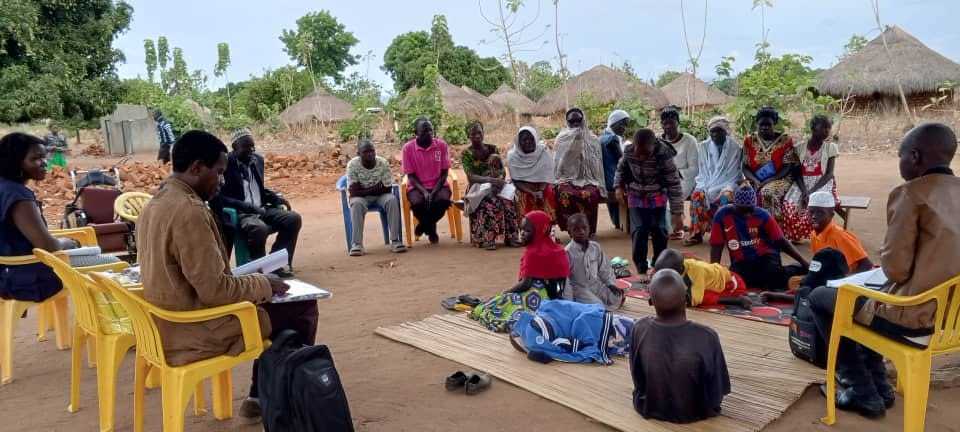
12:24 pm · Mar 20, 2025
0
1

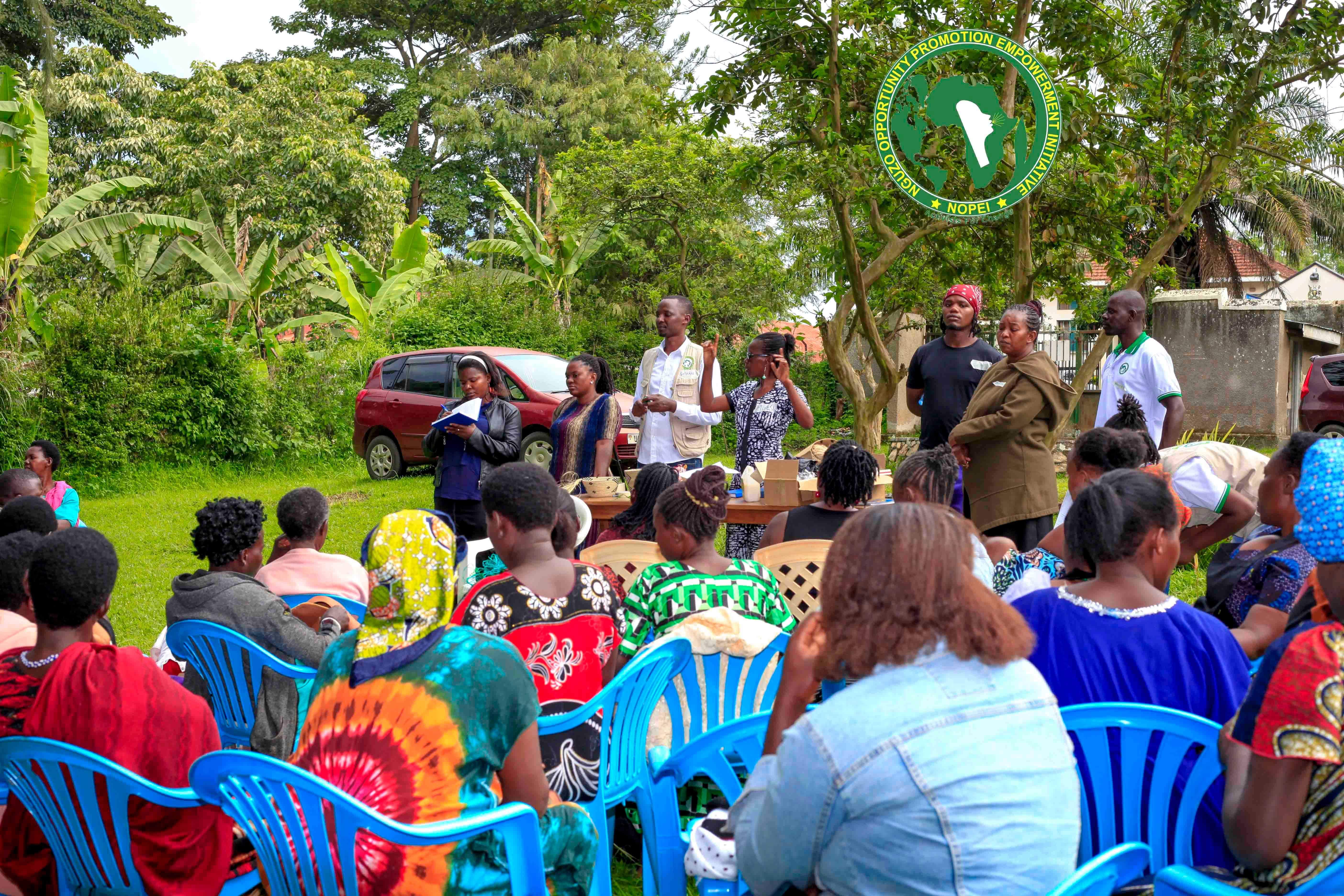
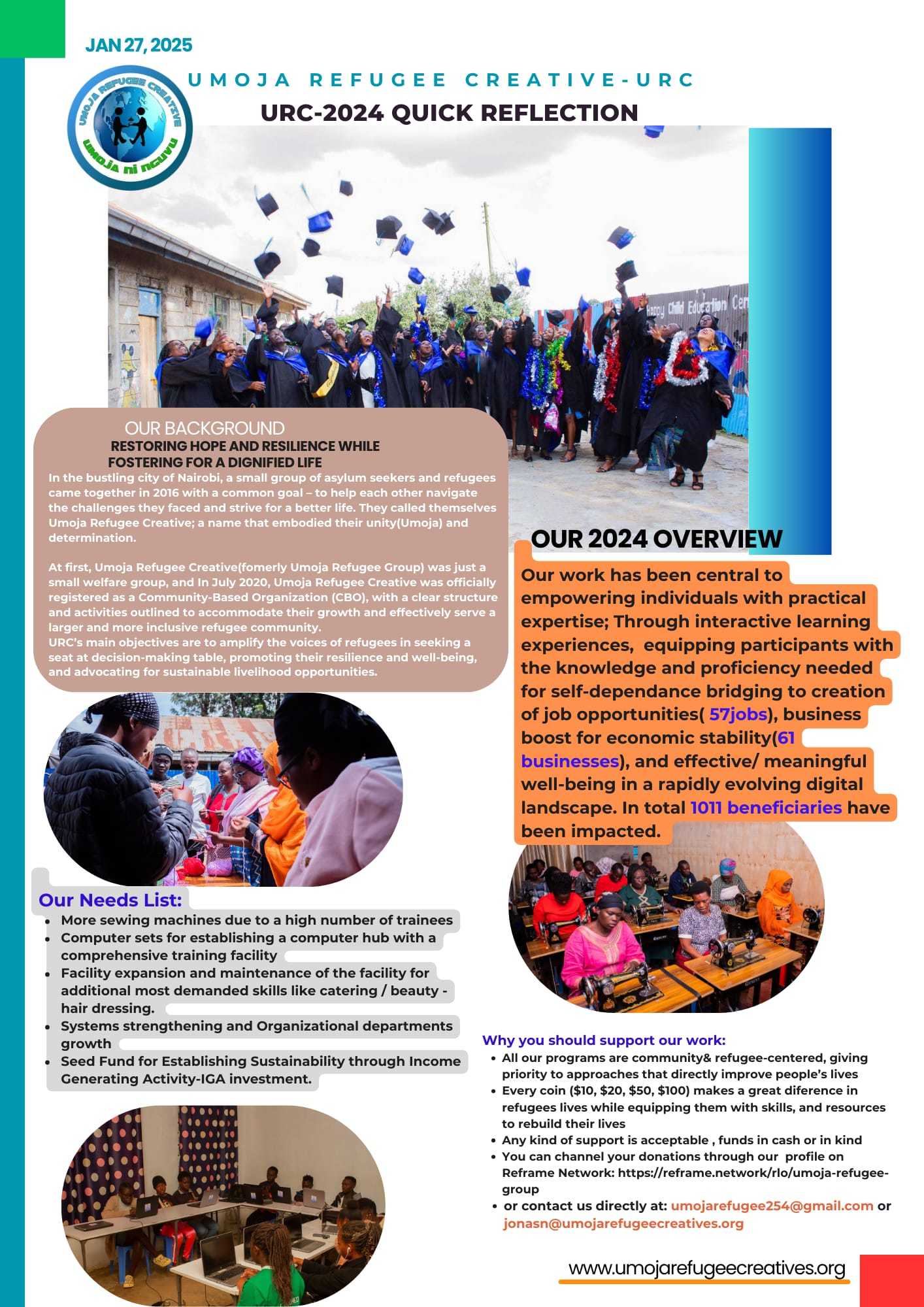

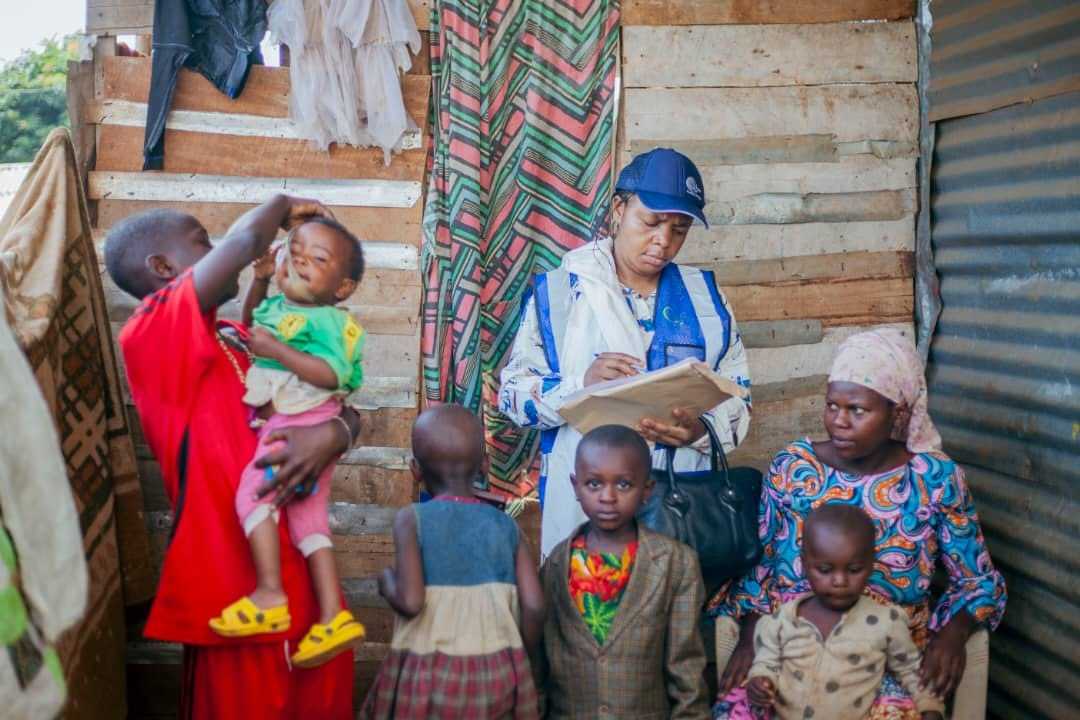
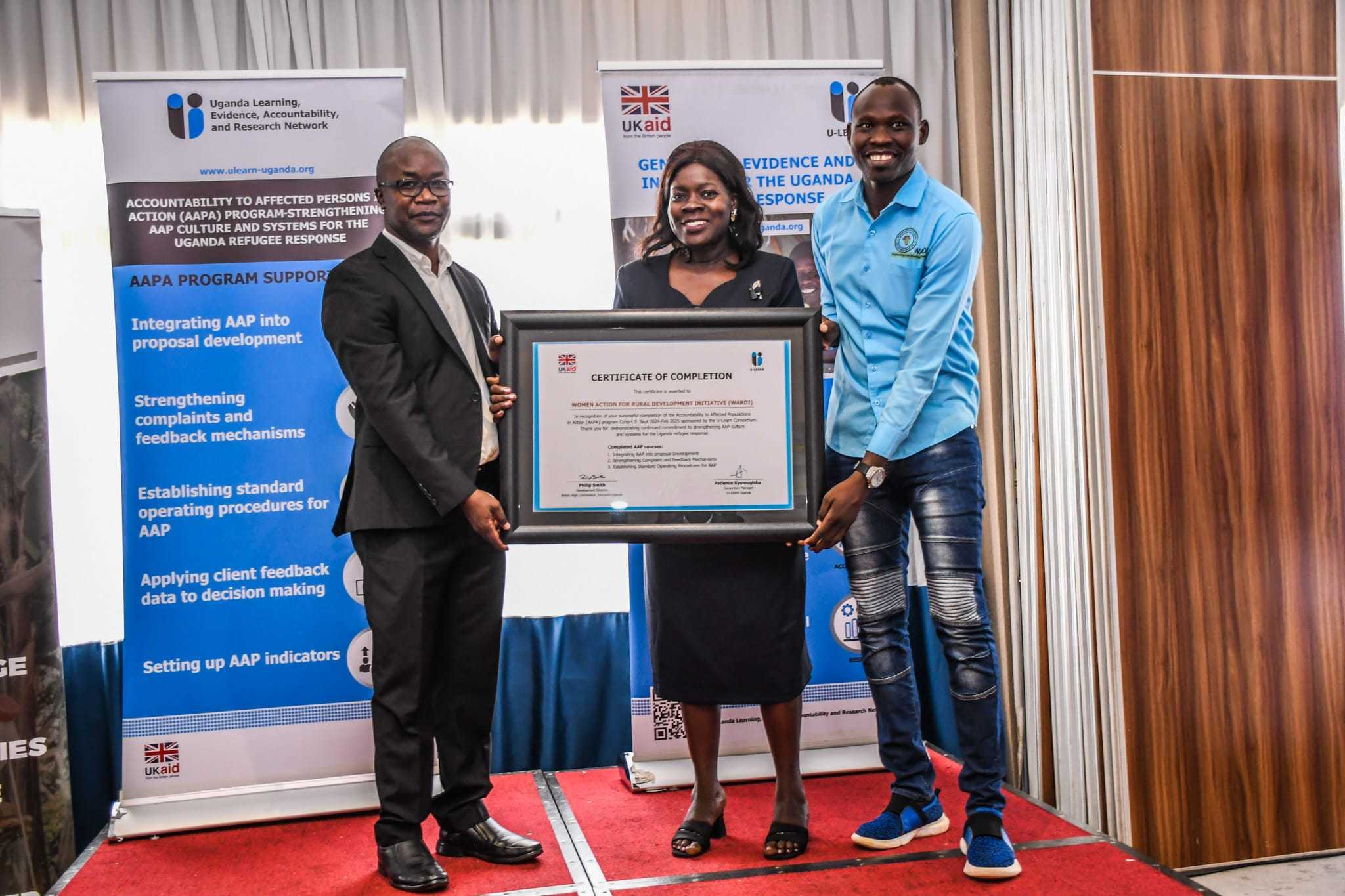

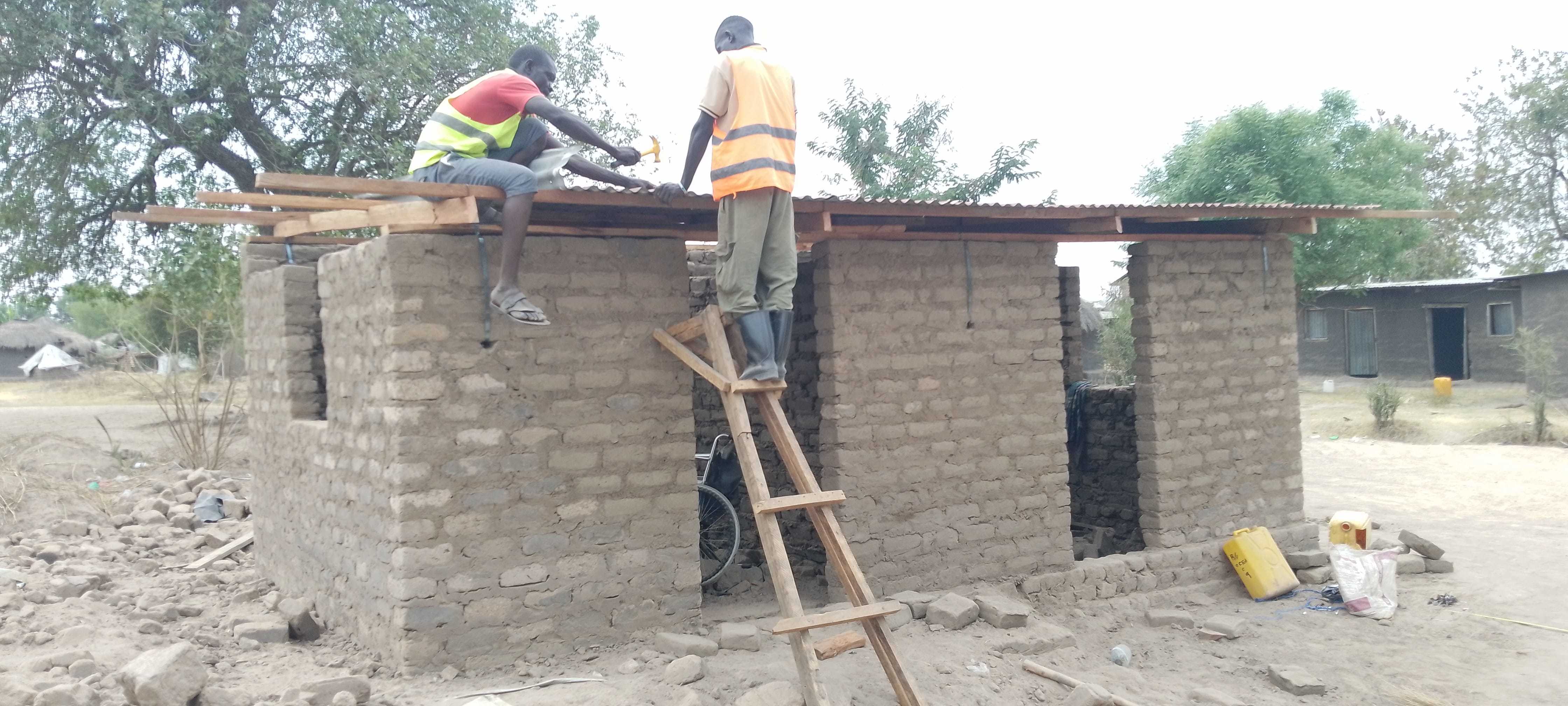
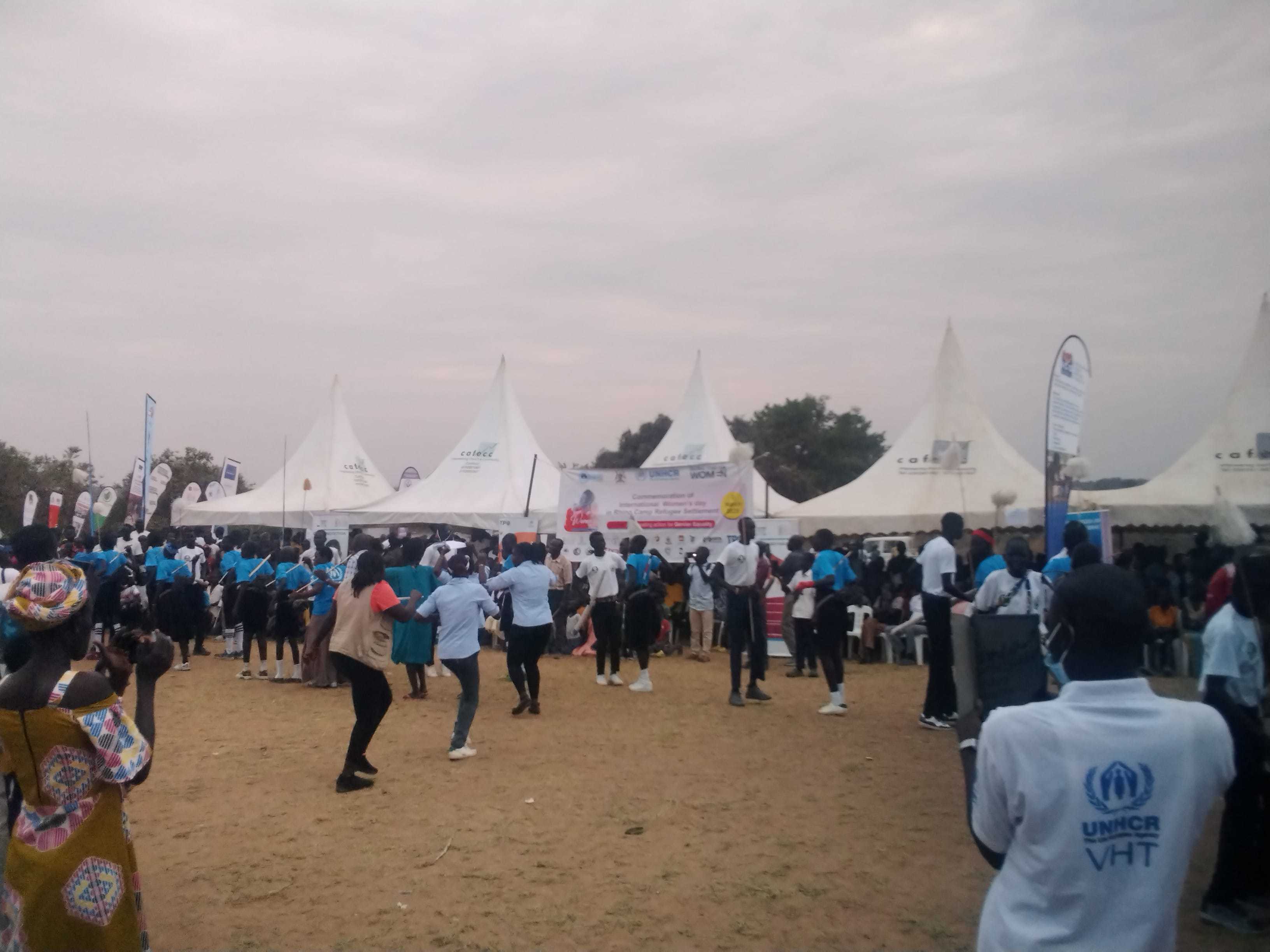
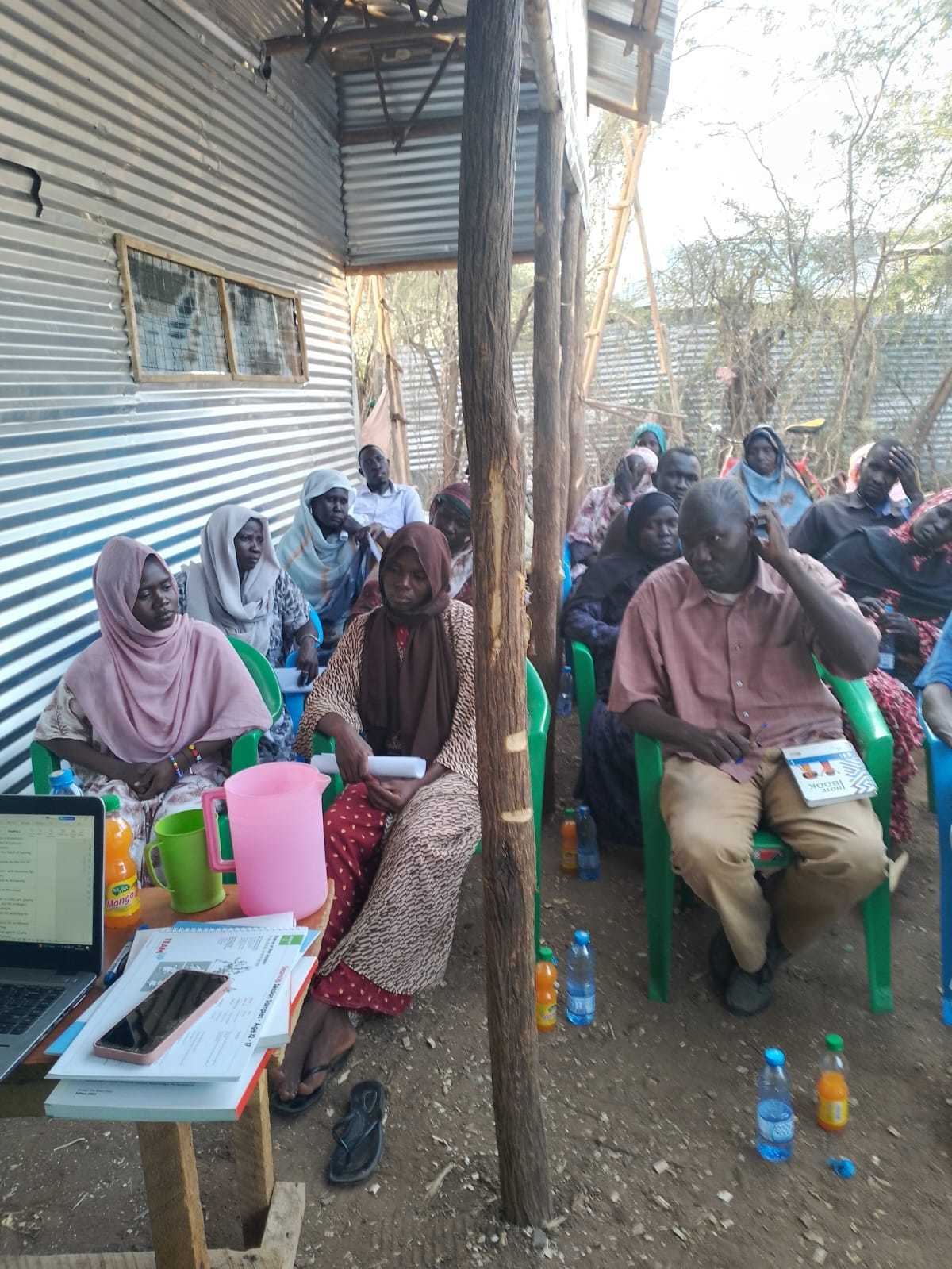
0